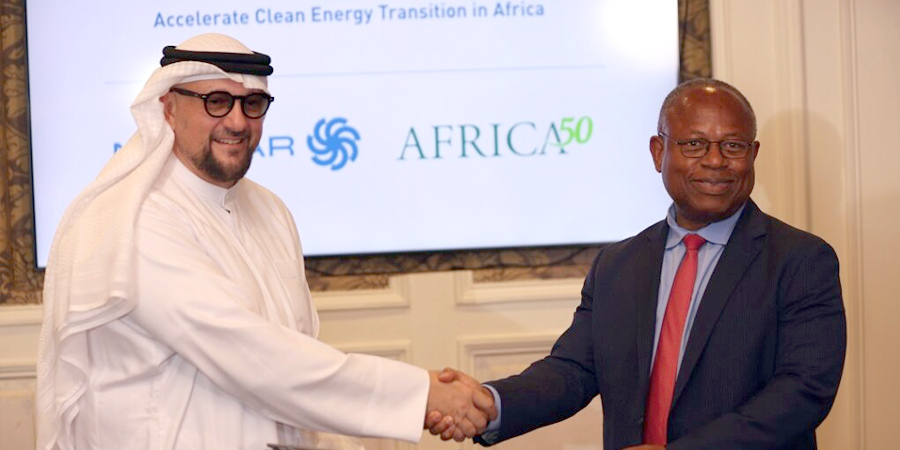At Africa Climate Week, the resounding call of a child echoed through the packed hall, stating, “We will hold you to your promises.” This declaration not only reflected the sentiment of the child but also resonated with the aspirations of the entire continent.
As civilisation thrived, the continent went from being the cradle of civilization to the dump yard of urbanization. The promises made to uplift Africa and its people have failed to provide equitable justice. The trend continues.
The promises made to save Africa from climate change have seen little light thus far. Africa contributes only 2-3 per cent to the global emissions and yet it is one of the most climate vulnerable regions. At the Africa Climate Summit 2023, this sentiment loomed large among Africans and visitors alike.
The Nairobi Declaration has emerged as Africa’s most powerful statement against climate change. Nairobi could be the birthplace of a turning point in Africa’s history – a new phenomenon where promises made to the continent might just be kept. The underlying message is clear – stop acting in silos to achieve the common goal of climate justice for Africa.
The narrative of decarbonization of the global economy for equitable prosperity is spread across the declaration. At the same time, it also addresses the challenge of overexploitation of Africa’s natural resources, imploring the leaders to develop strategic mechanisms for sustainable utilisation of the continent’s resources.
While Africa can play a pivotal role in the global fight against climate change, it should not come at the cost of its own economic development. The leaders, therefore, urged for multilateral financial reforms, development of a global carbon taxation regime, and innovative financial systems with a focus on what Africa needs the most – resilience to climate shocks. The Declaration is expected to define Africa’s unified stance in the fight against climate change at the upcoming COP28.
Investments to unlock Africa’s climate change mitigation potential
The development and private sectors brought in multiple action-oriented pledges, worth about US$23 billion in investments across Africa to unlock the continent’s climate potential. Most notable among the various announcements was Masdar’s US$10 billion commitment for delivering 10GW of clean energy projects by 2030 in Africa.
Similarly, AMEA Power has committed to mobilising US$5 billion to fund 5 GW of clean energy projects in Africa. Several other organisations also made pledges to bring in significant amounts of climate finance into the continent.
The intent of the stakeholders working on policies, pledges, and commitments, financial and otherwise, seems to be in the right place – saving Africa’s most vulnerable from the disastrous impact of climate change. The question is how much of it will translate into action. The cynicism is not unfounded in this case.
The world has seen Africa climate finance promises broken multiple times. In 2009, the developed countries made a promise to deliver US$100 billion by 2020 to help the developing world fight the consequences of climate change. However, they failed to keep up the promise, falling short by about US$17 billion.
Therefore, these need to be accompanied with measures of accountability and a monitoring framework. The stakeholders must be held accountable for the damages caused by their lack of honour to the commitments. The consequences of falling short of the promises may seem trivial to those making them. But it puts a question mark on the survival of the people dependent on the incoming aid.
Africa climate finance goes beyond money
Climate finance goes beyond the realms of money, it is a humanitarian need for Africa, which contributes the least but is the most vulnerable to the climate crisis.
The Africa Climate Week has proven its mettle in bringing the source and the sink of climate capital at the same table. African leaders must now show strength to ensure that the promises made are delivered.
Every Africa climate finance dollar flowing into the continent must find its way into sustainable measures of mitigation and adaptation. It is only then that Africa can give itself a strong chance of surviving the potentially disastrous consequences.
